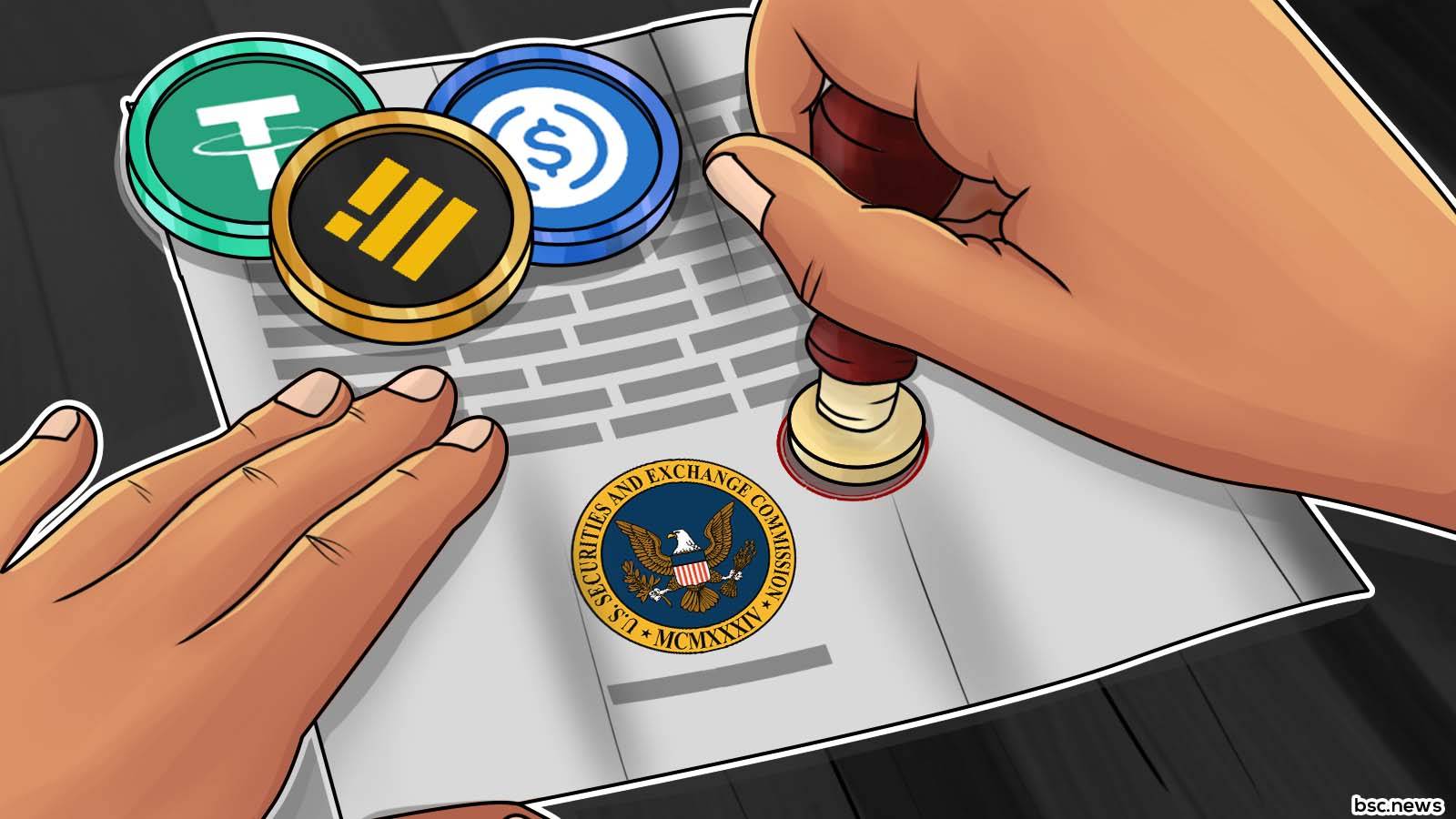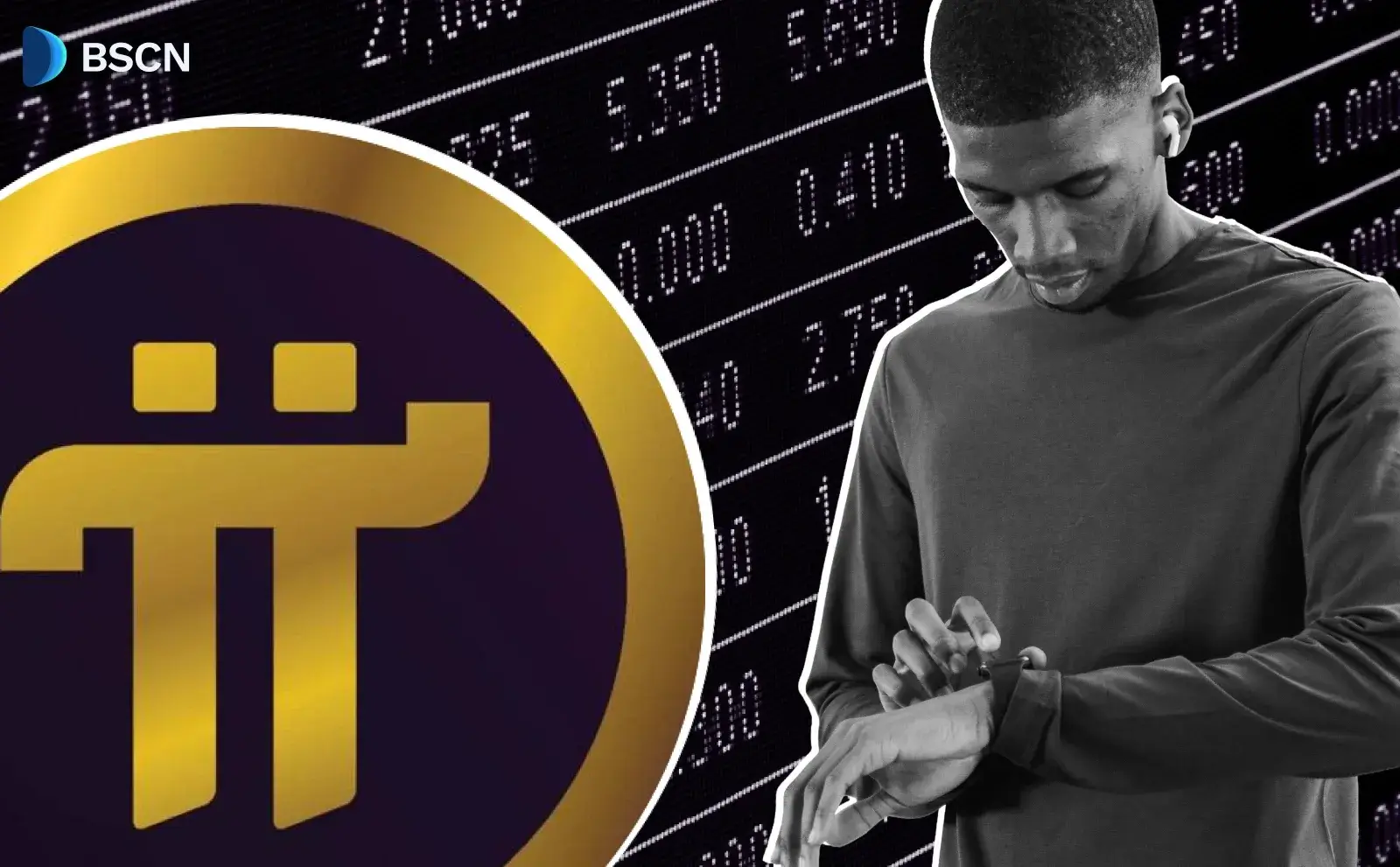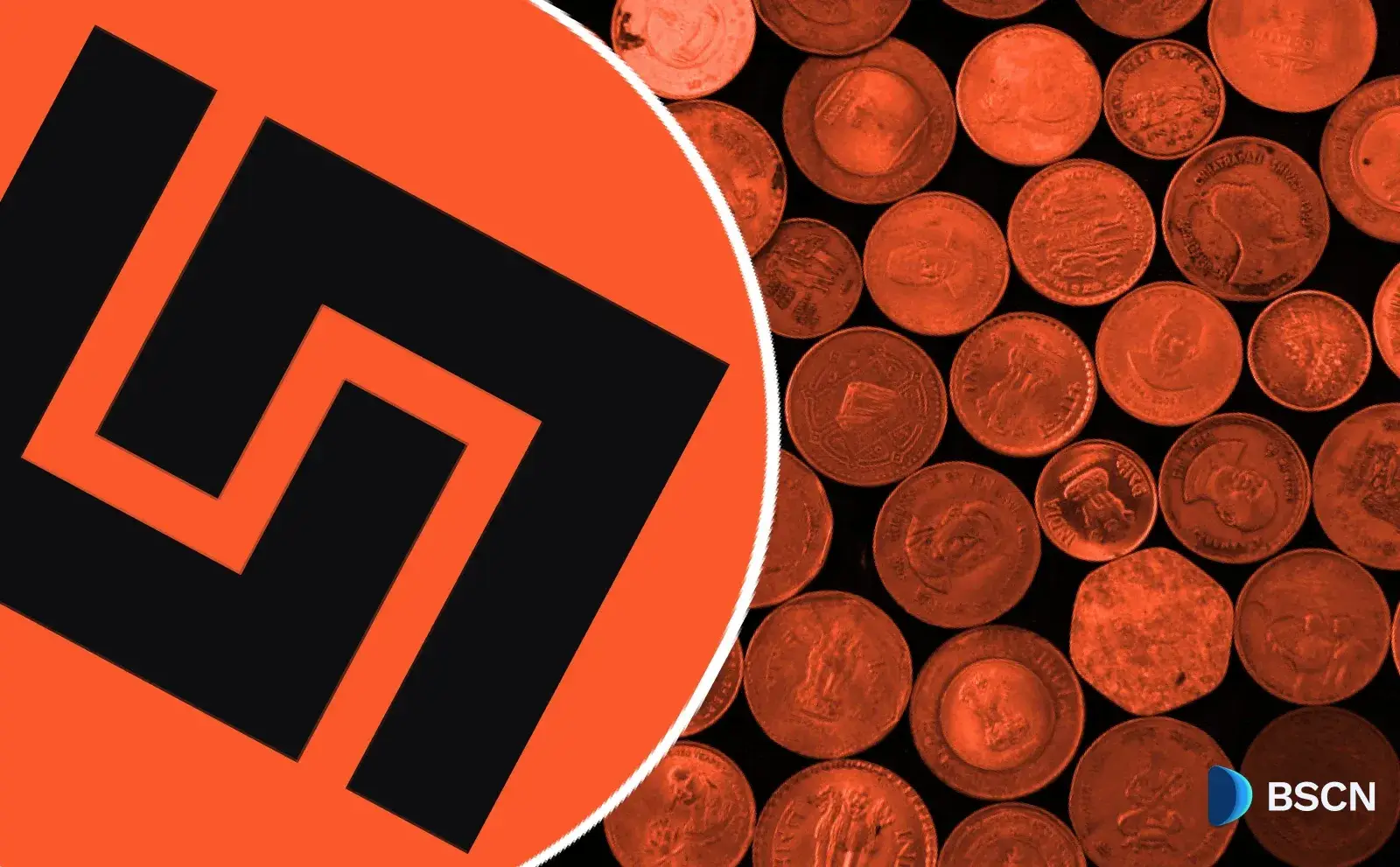SEC vs. CFTC: Inside the Battle for Control of the Crypto Landscape

The SEC and CFTC, two key federal agencies with overlapping interests, are at the forefront of this regulatory landscape.
BSCN
May 16, 2023
Table of Contents
TL;DR
- The SEC and CFTC are engaged in a turf war over regulatory oversight of cryptocurrencies.
- The CFTC has the authority to regulate futures and derivatives trading of cryptocurrencies like Bitcoin.
- The SEC focuses on areas such as initial coin offerings (ICOs) and decentralized finance (DeFi) platforms.
- In order to avoid regulatory uncertainty, the SEC and CFTC have been urged to cooperate.
- The ultimate authority over crypto regulation and legislation is yet to be determined.
Exploring the SEC-CFTC Crypto Turf War
In recent years, a heated turf war has been escalating between the Commodity Futures Trading Commission (CFTC) and the Securities and Exchange Commission (SEC) regarding the regulatory oversight of cryptocurrencies.
Each agency has been actively pursuing enforcement actions against cryptocurrencies that fall within their perceived jurisdiction. Central to this conflict is the fundamental question: which cryptocurrencies should be classified as commodities and which should be treated as securities? This classification holds significant weight as the CFTC is authorized to regulate commodities, while the SEC has jurisdiction over securities. This article delves into the ongoing turf war between the SEC and the CFTC in digital asset regulation.
As regulatory clarity remains elusive, understanding the dynamics of this regulatory turf war becomes crucial for navigating the rapidly evolving world of cryptocurrencies and digital assets. Let’s have a look at the working of both agencies:
Cryptocurrency Regulation by CFTC
The Commodity Futures Trading Commission (CFTC) has emerged as a prominent regulator in the realm of digital assets, leveraging its authority under the Commodity Futures Trading Commission Act of 1974 and the Commodity Exchange Act of 1934 (CEA). The CFTC considers cryptocurrencies like Bitcoin to fall within the commodity category, providing it with a solid foundation for regulating the crypto market.

However, it's important to note that the CFTC's regulatory powers are not all-encompassing regarding commodity trading.
While the CEA grants the CFTC broad authority over regulating the trading of futures and derivatives, its jurisdiction over the spot trading of commodities is more limited. The CFTC has stated that its authority in the spot market primarily focuses on preventing fraud or manipulation rather than setting comprehensive rules for spot market participants as it does for the futures market.
Concerning the futures market, the CFTC has broad regulatory powers under the CEA, including establishing rules for participants, exchanges, and intermediaries.
Investors who buy cryptocurrencies primarily through apps are less likely to fall under the CFTC's regulatory jurisdiction. Although the CFTC can't prevent cryptocurrency fraud or manipulation, investors can rely on the agency to investigate and prosecute instances of it.
The CFTC has already demonstrated its commitment to enforcing regulations in the crypto sphere, as evidenced by its actions against BitMEX, which resulted in a $100 million fine for trading Bitcoin derivatives without implementing proper Anti-Money Laundering (AML) or Know-Your-Customer (KYC) requirements.
By establishing solid legal backing and presenting a compelling value proposition for everyday investors, the CFTC is well-positioned to regulate cryptocurrencies.
Cryptocurrency Regulation by SEC
While the CFTC has recognized Bitcoin as a commodity, the SEC has acknowledged that neither Bitcoin nor Ethereum are considered securities. This poses a significant challenge for the SEC, as these two cryptocurrencies are influential models for numerous other digital assets.
If not classified as securities, cryptocurrencies such as Bitcoin and Ethereum will fall outside the SEC's regulatory purview, making its position less favorable. Although the SEC lacks explicit authority, it compensates by demonstrating its regulatory appetite.
Rather than directly policing the markets, the SEC can exert influence over them by targeting specific areas. For instance, the SEC focuses on initial coin offerings (ICOs).
In an ICO, individuals invest in a coin that has not yet been released or traded publicly. As the SEC sees it, this is similar to an initial public offering (IPO). It was in 2018 that the SEC asserted its authority to regulate ICOs, a claim reiterated by SEC Chairman Gary Gensler earlier this year.
.jpg)
The SEC has also asserted influence in Decentralized Finance (DeFi). DeFi involves the borrowing and lending cryptocurrency on decentralized platforms without centralized control. Since DeFi involves lending, it aligns with the SEC's regulatory power since "security" includes debt instruments under statutory definitions.
As a result, the SEC has a solid legal basis to assert authority in this area, and the agency has already stated that DeFi platforms violate securities laws.
Although the SEC has identified ICOs and DeFi as areas of regulatory oversight, it is only the beginning. As far as broader regulation of the crypto markets is concerned, Chairman Gensler stated that all virtual products that provide synthetic exposure to underlying securities fall under the purview of securities laws and must follow the SEC's regulatory framework, whether they were stock tokens, stable value tokens backed by securities, or any other virtual product.
Calls for Cooperation Between SEC and CFTC in Digital Asset Regulation
At a Senate Agriculture Committee hearing on March 8, 2022, CFTC Chair Rostin Benham declared that certain digital assets, like Ethereum and stablecoins, are commodities. This gives the CFTC the authority to regulate derivatives markets that trade these digital assets and any underlying markets for these products. Moreover, Gensler has openly called for Congress to grant the SEC greater authority over cryptocurrencies, signaling the agency's desire for more control.
The disagreement between SEC and CFTC also sparked discussion during a hearing on April 18, entitled "Understanding Stablecoins' Role” in Payments and the Need for Legislation," led by Subcommittee Chair Rep. French Hill, R-Ark.
As Hill points out, the ongoing turf war between the SEC and the CFTC over digital assets is unhelpful and unsustainable. According to the subcommittee Chair, there is uncertainty when two agencies disagree over whether one of the most used stablecoins on the market is a security or a commodity.
In a recent joint committee hearing, lawmakers discussed how digital assets should be regulated, with some expressing concerns about how authority should be delegated between the SEC and the Commodity Futures Trading Commission.
The former chief of the CFTC, Timothy Massad, proposed creating a self-regulatory organization for cryptocurrency regulation that is jointly regulated by the SEC and CFTC.
President Biden's Executive Order on Cryptocurrencies and Inter-Agency Cooperation
On March 20, 2022, President Biden signed an Executive Order emphasizing the need for inter-agency cooperation regarding the risk associated with cryptocurrencies and establishing an appropriate regulatory framework. In addition, it underscores the necessity for an adaptable regulatory approach to safeguard United States consumers, investors, and businesses due to the unique nature of digital assets.
Under the Order, the Secretary of Treasury was required to prepare a comprehensive report outlining regulatory recommendations within 180 days in collaboration with the SEC, the CFTC, and other relevant government agencies, such as the Consumer Financial Protection Bureau (CFPB).
The regulatory framework embraces a cooperative model and leverages the expertise of the SEC and CFTC to achieve a balance that addresses the risks associated with cryptocurrencies while fostering innovation and growth.
However, John Joy, Managing Attorney and Founder of FTI Law, believes that the SEC will win the crypto regulation race because strategy, resources, and industry dynamics will be more important than legal definitions. In addition to the possibility of overlapping authority, the CFTC will probably not ever cede jurisdiction over crypto futures and derivatives markets.
Outside of that, Joy believes the primary regulator must have a greater appetite for enforcement and leverage against companies to extract settlements. In any case, we still have to wait and see who will have the most authority over legislation regarding digital assets. Until then, it may be hard to determine how these assets will be regulated.
Read Next...
Disclaimer
Disclaimer: The views expressed in this article do not necessarily represent the views of BSCN. The information provided in this article is for educational and entertainment purposes only and should not be construed as investment advice, or advice of any kind. BSCN assumes no responsibility for any investment decisions made based on the information provided in this article. If you believe that the article should be amended, please reach out to the BSCN team by emailing [email protected].
Author
 BSCN
BSCNBSCN's dedicated writing team brings over 41 years of combined experience in cryptocurrency research and analysis. Our writers hold diverse academic qualifications spanning Physics, Mathematics, and Philosophy from leading institutions including Oxford and Cambridge. While united by their passion for cryptocurrency and blockchain technology, the team's professional backgrounds are equally diverse, including former venture capital investors, startup founders, and active traders.
Crypto Project & Token Reviews
Project & Token Reviews
Comprehensive reviews of crypto's most interesting projects and assets
Learn about the hottest projects & tokens





















